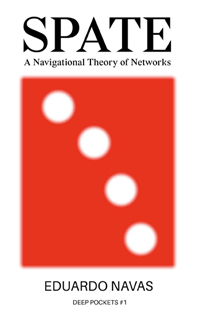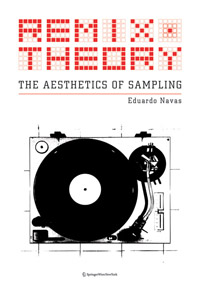EMI in Talks to Dump Copy Protection, by Jefferson Graham

Blue Note’s recording artist Norah Jones with Lee Alexander on bass and Adam Levy on guitars performing at House of Blues in Los Angeles.
Image source: skipbolenstudio.com/
Text source: USA Today
2/12/2007
LOS ANGELES — The music industry is looking ahead to life without copy protection.
Major label EMI — home of Coldplay and Norah Jones — is in discussions with online music stores about selling its music without copy protection, or digital rights management (DRM), according to two sources with direct knowledge of the talks who would not speak for attribution because discussions are ongoing.
Last week, Apple CEO Steve Jobs created a huge stir when he called on the music industry to dump DRM, saying it hinders sales. Yahoo Music general manager Dave Goldberg predicts that by Christmas, most of Yahoo’s catalog will be DRM-free.
“The labels understand that DRM has to go,” he says. “It’s nothing but a tax on digital consumers. There’s good momentum behind DRM going away.”
He says sales would increase by 15% to 20% without DRM. Consumers have bitterly complained about DRM, which puts rules on how a song can be used. For instance, songs bought at Apple’s iTunes Store can be easily played only on an iPod, and not on digital devices from Microsoft and SanDisk.
EMI spokesman Adam Grossberg wouldn’t comment on the DRM-free proposal.
Big four music labels EMI, Warner, Sony BMG and Universal long have said they must have their work protected against piracy. Last week Warner reiterated its support for DRM.
Meanwhile, online piracy has continued to grow. Some 15 billion songs were downloaded for free via unauthorized file-sharing services in 2006, says measurement firm BigChampagne. Album sales continue to tumble — down 15% so far in 2007 according to Nielsen SoundScan — and labels are exploring options.
EMI, in fact, offered a non-copy-protected song from Jones on Yahoo Music and eMusic in late 2006.
Without restrictions on entire catalogs, “Sales would explode,” says David Pakman, CEO of eMusic, the No. 2 online music retailer behind Apple’s iTunes. “DRM has been holding the market back.” His company is the only legitimate digital music service selling unrestricted songs, in the MP3 format. Its songs work with any music player, including the iPod.
By taking the DRM-free plunge, EMI “would slow the loss of its sales, and get a lot of attention for its artists,” says James McQuivey, an analyst at Forrester Research. “EMI wouldn’t have to worry about pirates, because anyone who wants to pirate music is already doing it. The paying customer is a different breed.”
Russ Crupnick, an analyst with researcher NPD Group, says ending DRM would put all the music services on an equal footing. “If I’m a label, I’m thinking this is a good thing. I don’t want Apple to totally control the market,” he says.
Lascia un commento
You must be logged in to post a comment.








